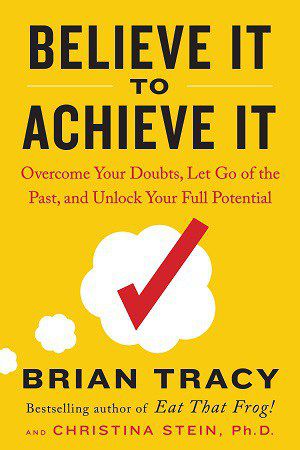
There are four keys to effective listening:
Listen attentively, without interruptions
 Lean forward and face the other person directly. Be an active listener: Nod, smile, and agree while the other person is speaking, and make no attempt whatsoever to interrupt or to comment on what he or she is saying.
Lean forward and face the other person directly. Be an active listener: Nod, smile, and agree while the other person is speaking, and make no attempt whatsoever to interrupt or to comment on what he or she is saying.When a person is intently listened to by another, that person experiences measurable physiological changes. Their heart rate increases. Their galvanic skin response goes up. And best of all, their brain releases endorphins, nature’s “happy drug,” which gives the person speaking a feeling of importance, value and self-esteem.
Pause before replying
Instead of jumping in with the first thing that comes to your mind, pause in silence after the person has finished expressing himself or herself.
Pausing has three advantages: First, you avoid the possibility of interrupting if the other person is just gathering their thoughts. Second, by pausing quietly, you tell the person that you're carefully considering what they've said, because it's important to you. Listening tells the other person that their words are important, and therefore, they're important.
Third, when you pause before replying, and leave a silence in the conversation, you actually hear what the other person is saying at a deeper level. Their words soak into your brain and you recognize nuances that you would've missed if you'd immediately started speaking.
Remember, it's not what's said so much as what isn't said, or what's said between the lines, that contains the deeper meaning of the message the other person is attempting to convey. By pausing after the other person has spoken, you become a dramatically better listener. You actually hear better.
Question for clarification
Never assume that you know what the person meant by what he or she said. If there's any question in your mind at all, after the person has finished speaking and you've allowed a certain period of silence, you can ask, “How do you mean?”
One of the most important rules in relationships is: The person who asks questions tends to have control of the conversation. The person who asks the questions demonstrates a genuine interest in the other person.
When you ask a sincere question or series of questions and listen intently to the answers, you guide the entire direction of the conversation. This builds greater trust between you and the other person. And the more you listen, the more the other person feels valuable and important. The more you listen, the higher is the self-esteem and self-respect of the person being listened to.
Perhaps the most important rule in conversation is: Listening builds trust. There's no faster way to build a warm and trusting relationship, in business or personal life, than to ask sincere questions and then listen closely to the answers, for as long as the other person wants to talk.
Paraphrase what the other person has said
Feed it back in your own words before you go on to speak yourself. Each person has a deep need to be understood by others. The way you clearly convey that you've understood both the words and the meaning of what the person has said is by rephrasing it in your own words and having him or her acknowledge that you've got the message.
Before you comment or respond, stop for a moment and say, “Let me make sure I understand what you're saying . From what you just said, I get the impression that this is how you think and feel.”
When the other person says, “Yes, that’s it, that’s what I’m trying to say,” only then do you respond with your point of view.
«RELATED READ» CONSCIOUS COMMUNICATION: The convergence of myth, psychology, science, religion, and our universal language»
image: Pexels
Read the full article
